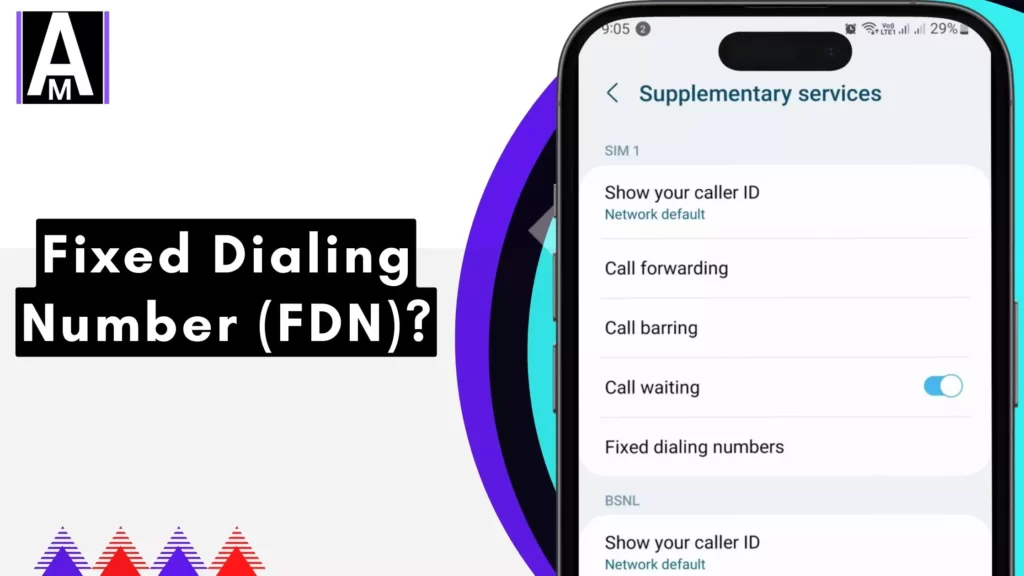Here’s exactly what is fixed dialing numbers (FDN). How to use it, where to find it, etc. That means, everything you need to know about it.
What is Fixed Dialing Numbers (FDN)?
Fixed Dialing Numbers, also known as Fixed Dialing Mode, is a common feature on GSM mobile phones that allows users to restrict outgoing calls to only a specific list of pre-approved numbers. Once FDN is activated, the phone will block calls attempts to any numbers not on the FDN list, with the exception of emergency service numbers.
The FDN (Fixed Dialing Numbers) feature on your Samsung phone allows you to restrict outgoing calls to only authorized numbers. This can be helpful for parents who want to control their children’s phone usage, or for businesses that want to restrict employees from making personal calls on company phones.
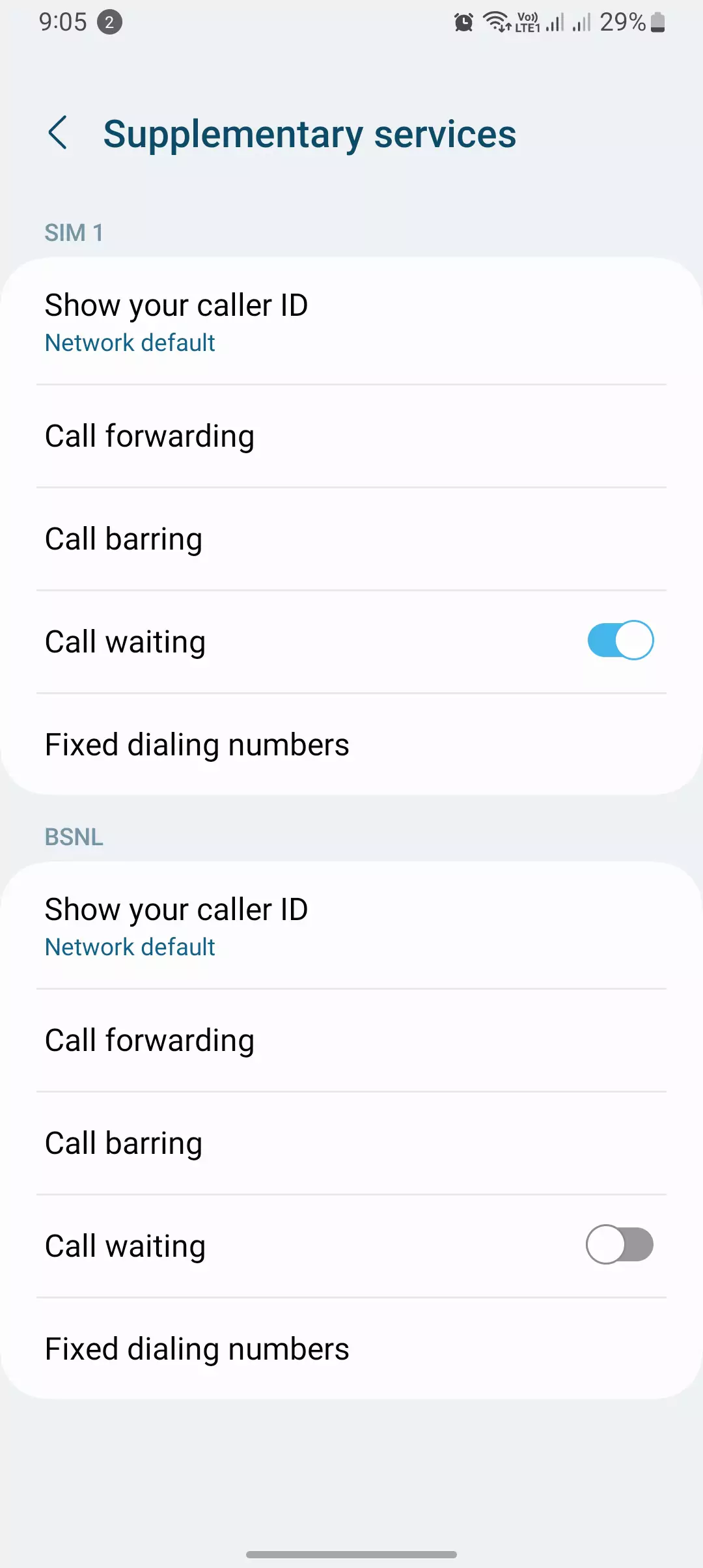
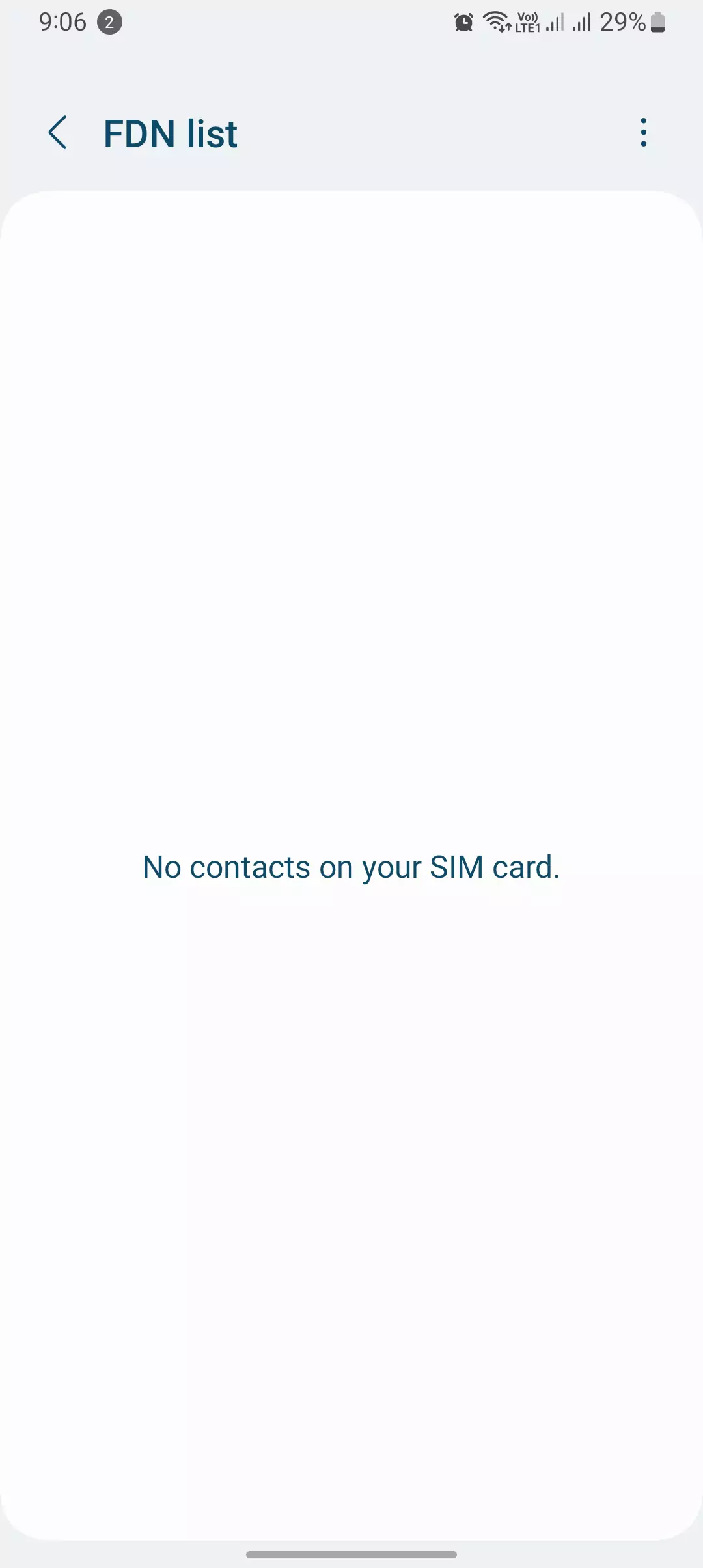
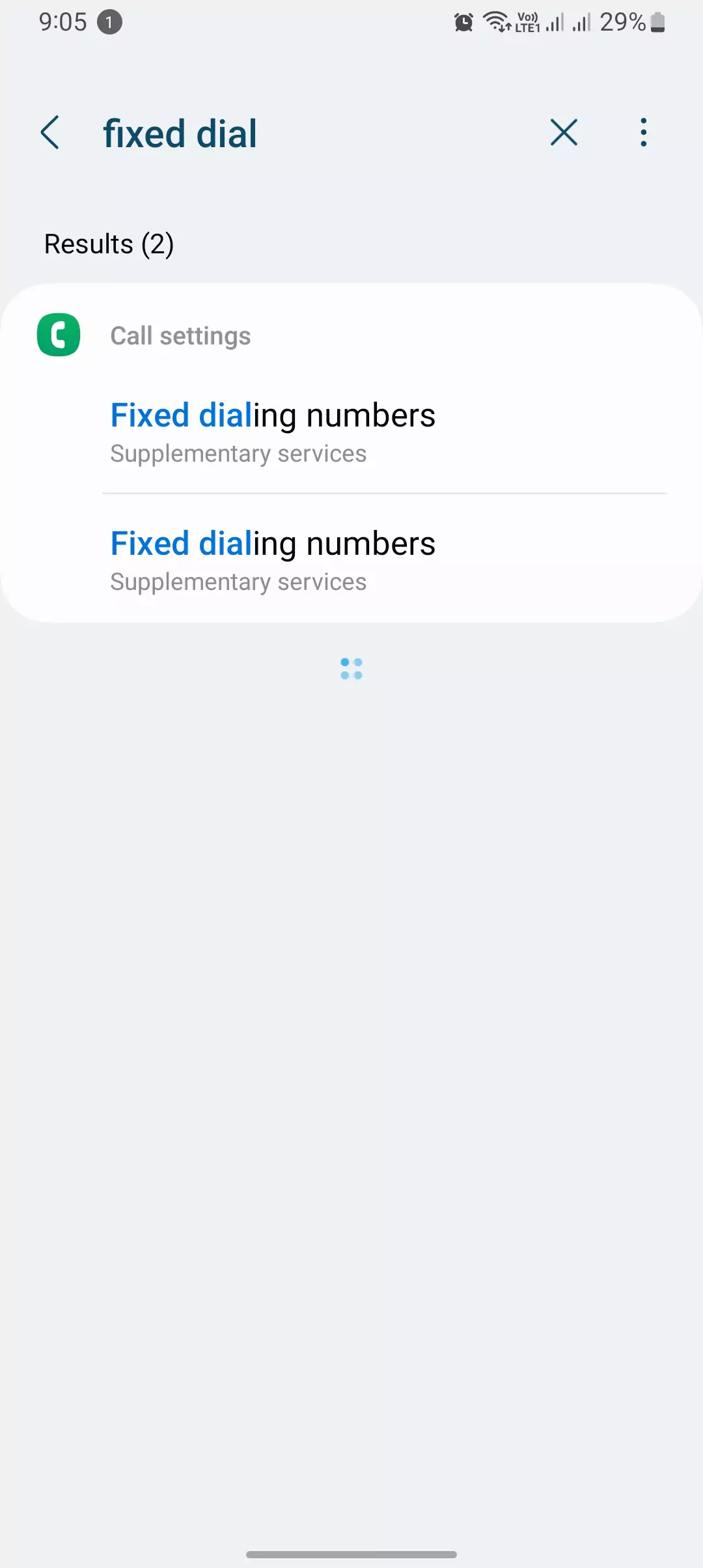
FDN is supported by most major smartphone platforms and carriers and is configured through the phone’s settings after entering a special PIN code. This makes it a useful option for limiting phone usage for various purposes.
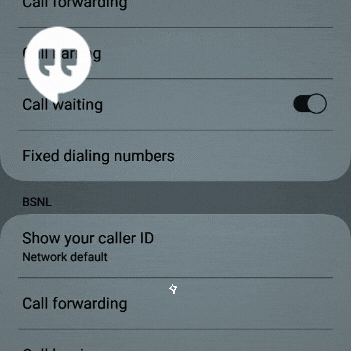
Use Cases for FDN
Here are some common real-world examples of how FDN is being utilized:
Parental Controls
Many parents activate FDN to prevent kids from calling or texting unauthorized numbers. For example, Mary set up her 12 year old daughter Emma’s phone so she can only call family and close friends. This gives Mary peace of mind that Emma won’t be accessing inappropriate content or talking to strangers.

Business Phone Management
Companies often use FDN to limit employee cell phone usage to work-related contacts. For instance, Acme Inc equipped all employee phones with FDN that only allows calls to internal extensions, key clients, and emergency services. This keeps costs down and minimizes unproductive personal usage.
Phone Addiction
FDN can also be implemented as a self-control tool. When Andrew noticed he was wasting too much time scrolling social media on his smartphone, he configured FDN to block apps and sites that tended to suck up his time.
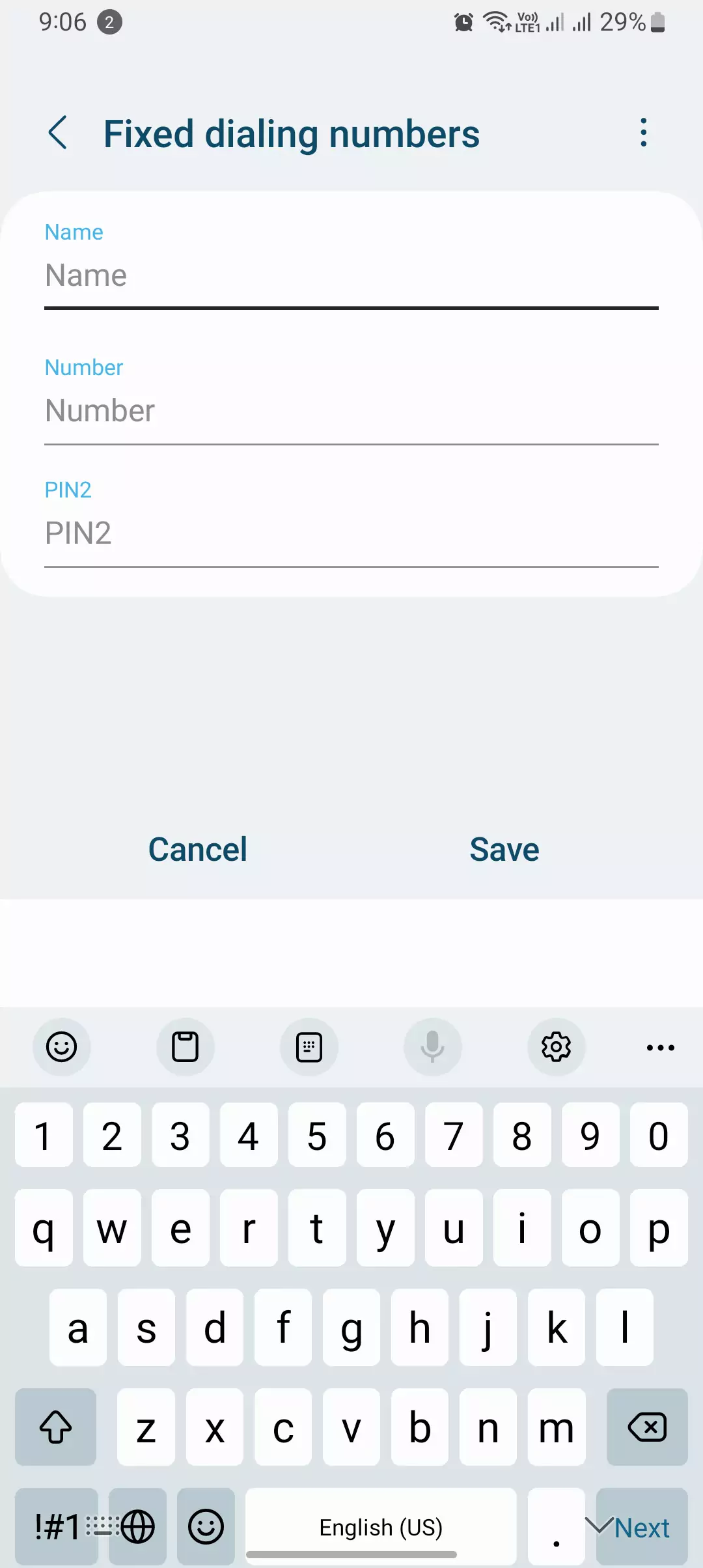
Protecting Seniors
To shield elderly users from scams and unwanted calls, FDN lists can include only relatives, medical services, food delivery apps and other approved contacts. This is much simpler than learning to use robocall blocking apps.
Pros and Cons of Using FDN
Here is a comparison of some of the key advantages and disadvantages of using Fixed Dialing Numbers:
Pros
- Simple to set up and use
- Free feature built into most phones
- No ongoing subscription fee
- Can prevent unauthorized calls and charges
- Allows emergency call access
Cons
- Limited flexibility compared to call blocking apps
- Need carrier PIN code to make changes
- Potential security issues if PIN is compromised
- Can be circumvented by tech savvy users
- Does not block texts from unauthorized numbers
Here is a summary table of the key pros and cons of using Fixed Dialing Numbers (FDN):
| Pros | Cons |
| Simple to set up and use | Limited flexibility compared to call blocking apps |
| Free built-in feature on most phones | Need carrier PIN code to make changes |
| No ongoing subscription fee | Potential security issues if PIN is compromised |
| Can prevent unauthorized calls and charges | Can be circumvented by tech savvy users |
| Allows emergency call access | Does not block texts from unauthorized numbers |
| Useful for parental controls | |
| Help curb employee personal usage | |
| Aid with phone/app addiction issues | |
| Protect seniors from scams and spam |
Conclusion
For most everyday users who want a straightforward way to limit making calls from their mobile device, Fixed Dial Numbers offers an effective first line of defense. It can save parents and businesses money while helping curb phone obsession. However, relying solely on FDN has some drawbacks. Combining it with other tools like call blocking apps can provide more robust protection, especially for those dealing with harassment issues. But if simplicity is the priority, FDN may fit the bill.
If you have any doubts, tell me in comment section, or just contact us.
